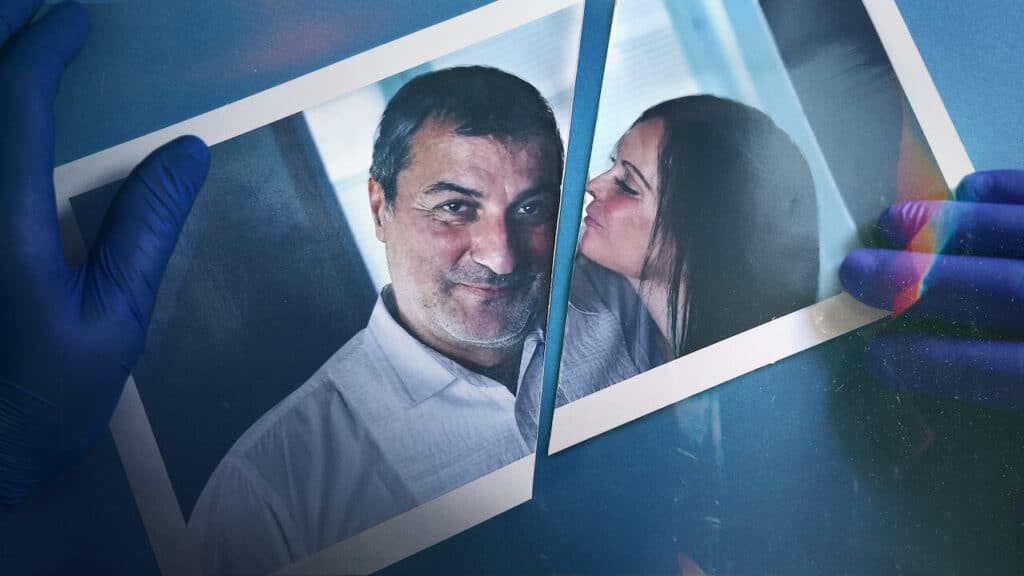“Bad Surgeon: Love Under the Knife” is a gripping three-part documentary on Netflix that unravels the once-prominent career of Dr. Paolo Macchiarini, a Swiss-born Italian thoracic surgeon whose descent into medical malpractice is both shocking and tragic. The series, directed with precision and sensitivity, delves into the dark underbelly of the medical world, exploring the consequences of unchecked ambition and ethical lapses in the pursuit of scientific breakthroughs.
At the heart of the documentary is Macchiarini, who was initially celebrated as a pioneer in stem cell research. The narrative takes us on a journey through his rise to prominence, with colleagues and peers lauding his innovative contributions to the field. However, the tone shifts dramatically as the documentary unfurls the layers of deception and betrayal that characterized Macchiarini’s later years.
The strength of “Bad Surgeon” lies in its ability to humanize the victims of Macchiarini’s malpractice. Testimonies from the families of those affected, as well as former colleagues, paint a vivid picture of the devastation left in the wake of the surgeon’s actions. The documentary doesn’t shy away from the emotional toll, allowing viewers to empathize with the real people whose lives were forever altered by the man once hailed as a medical genius.
One of the most compelling aspects of the series is the inclusion of an interview with Benita Alexander, Macchiarini’s former fiancée and a journalist. Her perspective adds a personal layer to the narrative, offering insights into the man behind the surgeon and the psychological dynamics at play. It’s a testament to the documentary’s thoroughness that it explores not only the professional ramifications of Macchiarini’s actions but also the profound impact on those closest to him.
Also read: I Don’t Expect Anyone to Believe Me Netflix Movie Review: Absurdly Funny and Unpredictable
The storytelling is meticulous, with each episode building on the last to create a comprehensive account of Macchiarini’s downfall. The pacing is deliberate, allowing the audience to absorb the gravity of the situation and reflect on the broader implications for medical ethics and accountability. The use of archival footage, court documents, and interviews with experts enhances the documentary’s credibility, providing a nuanced perspective on the complexities of the case.
“Bad Surgeon” doesn’t merely sensationalize the scandal but instead seeks to understand the systemic failures that allowed Macchiarini’s misconduct to persist. The documentary raises important questions about the culture of hero worship in the scientific community and the need for robust ethical oversight. It serves as a cautionary tale, prompting viewers to critically examine the balance between scientific innovation and ethical responsibility.
In conclusion, “Bad Surgeon: Love Under the Knife” is a thought-provoking and emotionally charged exploration of one man’s dramatic fall from grace and the far-reaching consequences of his actions. The documentary transcends the true-crime genre, offering a nuanced reflection on the intersection of ambition, ethics, and the human cost of medical misconduct. With its compelling storytelling and empathetic approach, this series is a must-watch for those interested in the intricacies of the medical world and the imperative of maintaining ethical standards in the pursuit of scientific progress.
Bad Surgeon

3.5


